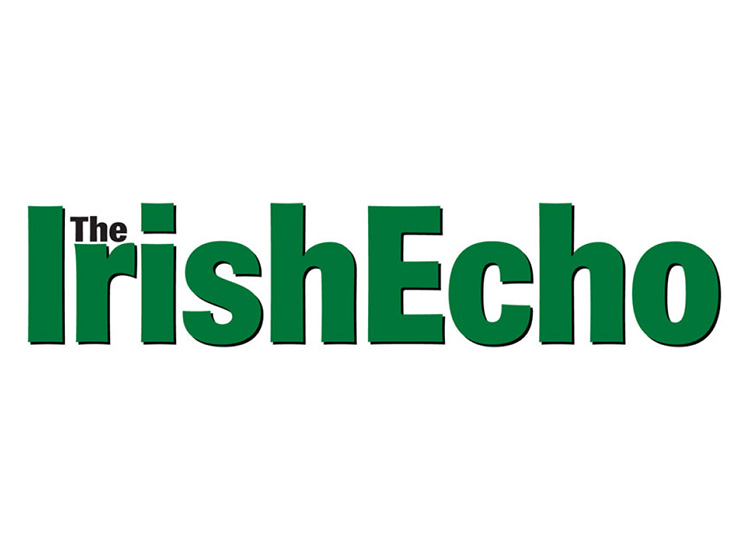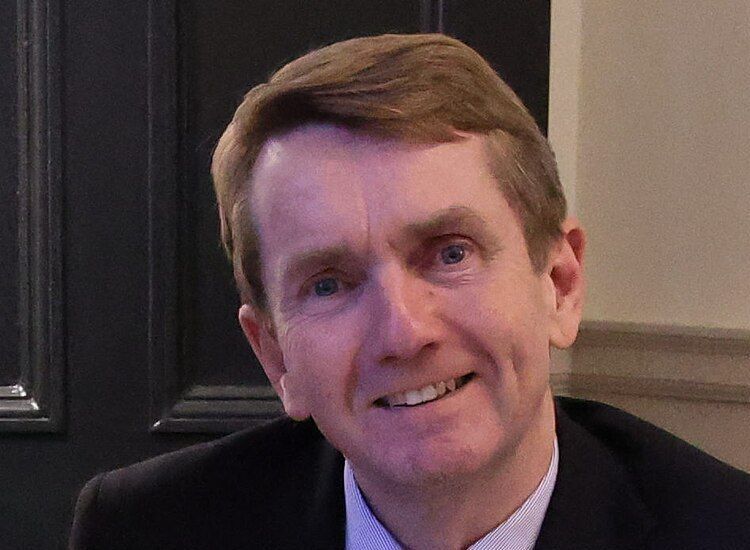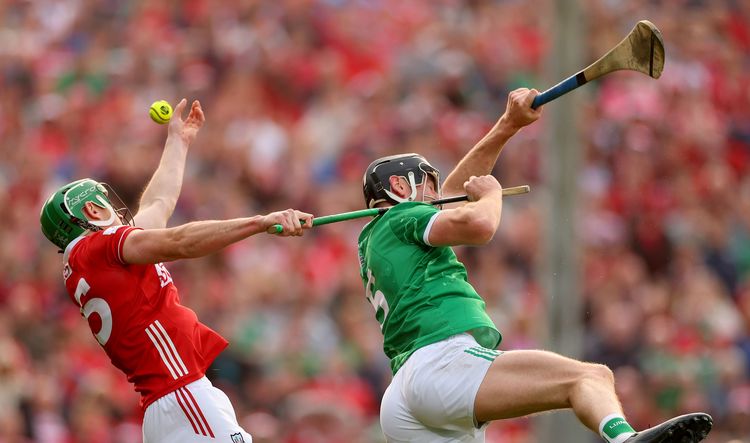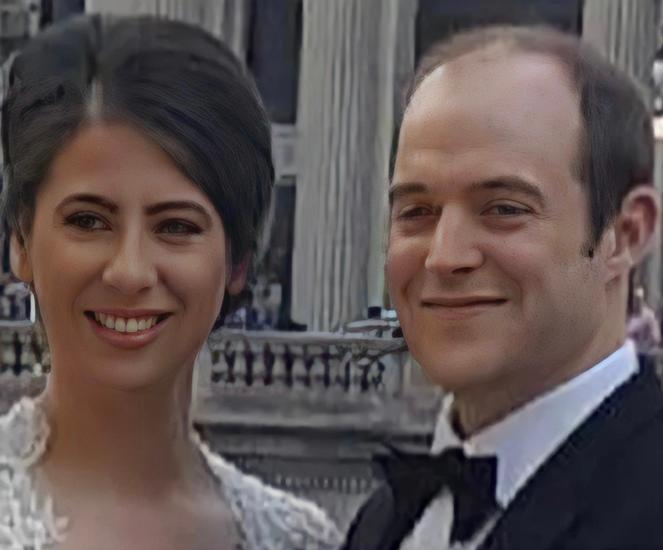Ireland’s Minister for Foreign Affairs and Trade, Simon Coveney, delivered Ireland’s address to the recent opening of the United Nations General Assembly in New York.
His speech enunciated Ireland’s views on a range of global issues and also served as a pitch to member nations as Ireland goes about securing a rotating seat on the Security Council by way of a vote in 2020.
Mr. Coveney’s speech also highlighted the “Atlantic Rift” between Dublin and Washington in a number of areas.
Ireland has long carved an independent line in its foreign policy. The republic is neutral, at least to a degree, and is not a member of NATO, though it is linked to the alliance’s Partnership for Peace.
Being a member of the European Union, of course, distinguishes Ireland from the likes of, say, Switzerland.
And of course being a member of the United Nations has been a defining guide for Ireland in its dealings with the broader world. Its contribution to peacekeeping, at least in proportional terms, is virtually unmatched among member nations.
Beyond organizations, there is the matter of unilateral relations with different countries.
And of course when it comes to Dublin and Washington we are talking about close and special friends whose interests often coincide, though sometimes don’t, whose positions on issues frequently merge, but sometimes diverge.
In recent times they seem to be diverging more often, and in more ways.
Ireland’s guiding mantra has been “multilateralism.” Of late, Washington has been more inclined to an “America first” unilateralism.
As Minister Coveney stated in his General Assembly address: “For Ireland, multilateralism strengthens our independence, self-confidence and security, rather than diminishes it… Ireland’s multilateralism runs deep through our commitment to UN peacekeeping. Our contribution to UN peacekeeping operations enjoys a special place in the hearts of the Irish people.”
Ireland and the U.S. currently diverge in this aspect of world view, but also in the areas of climate change, the role of the International Criminal Court, and the manner of pursuing peace in the Middle East.
Brexit could also force Ireland’s hand in as yet unseen ways. If, for example, London and Washington forge some new trade deal post-Brexit, how would that going to affect Ireland?
Here in a nutshell is Minister Coveney’s explanation of where Ireland stands in the world: “We Irish are by nature bridge-builders. We listen to all sides and work to build collective solutions to our global challenges. We are committed to hearing and heeding the voices of all, to forge consensus and common purpose.
“We think independently. Our path is our own. We bring no partisan agenda to the table. We are here to serve the wider good and to support the UN and the multilateral system. And we will be courageous when the UN, and all of you, need courage and leadership from the Security Council.
“Empathy, partnership and independence will guide us.
“With Ireland, you have a small country with a broad mind, a listening ear and a strong independent voice that promotes the values that should inspire this organisation in the future.”
Substitute “big” for “small” and this might have been the United States talking, once.
Lately, however, the Irish message and the American message have been diverging.
This is not necessarily entirely a bad thing. But it is for sure something to keep in close view.









